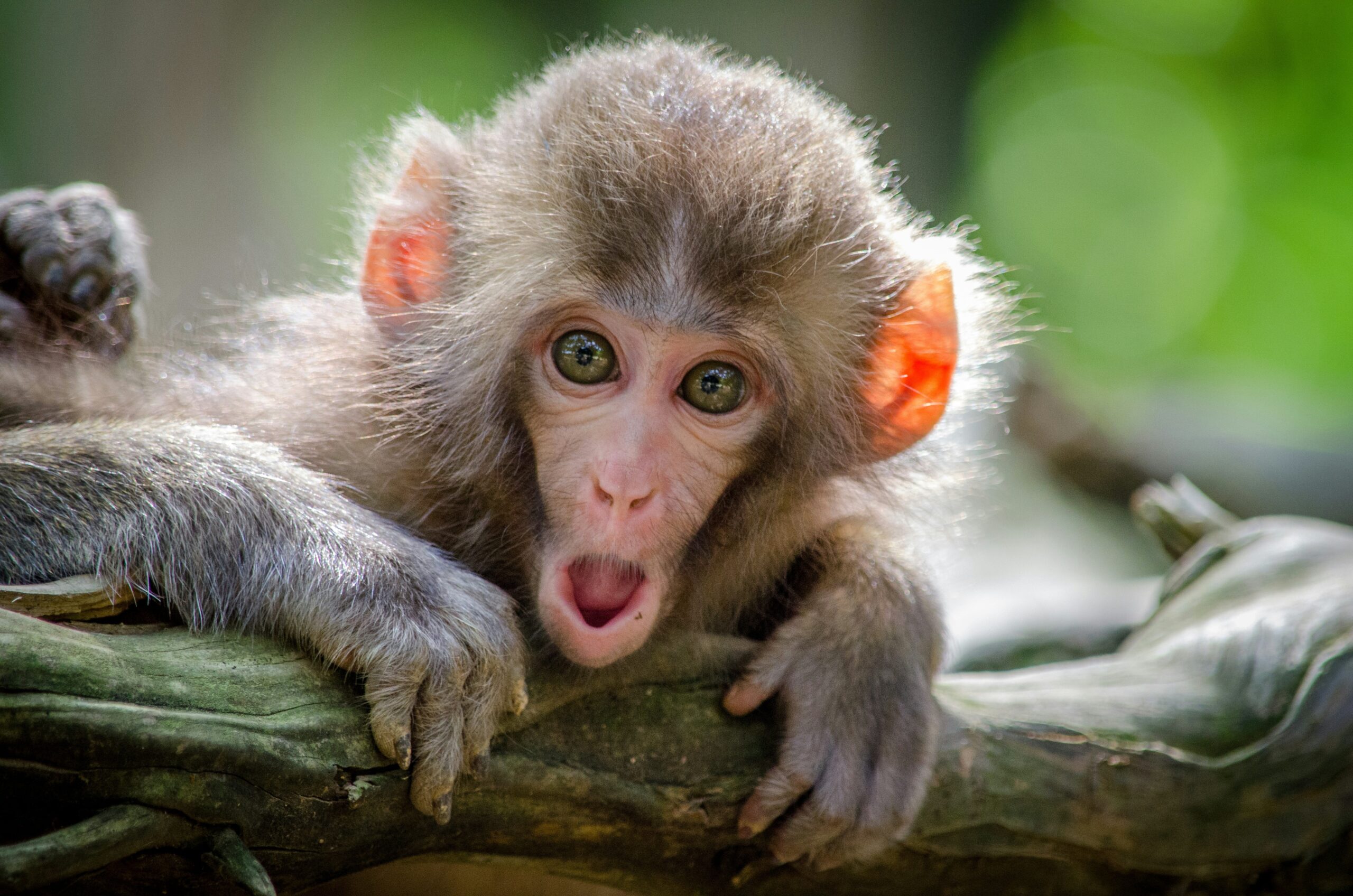
Scientists have successfully cloned a rhesus monkey. (Representational)
In a groundbreaking feat, Chinese researchers have achieved the long-sought goal of cloning a rhesus monkey, marking a major leap forward in primate cloning technology. This accomplishment comes over 25 years after Dolly the sheep became the first cloned mammal, ushering in a new era of scientific exploration. The cloning of the rhesus monkey stands as a significant accomplishment due to its widespread use in medical research, given its physiological similarity to humans, which is why the researchers could speed up drug testing.
According to a BBC report, previous attempts to clone a rhesus have either not led to births or the offspring have died a few hours later. In mammals, sexual reproduction leads to offspring made up of a mixture of genes from their father and mother. In cloning, techniques are used to create a genetically identical copy of a single animal.
The most famous cloned animal, Dolly the sheep, was created in 1996. Scientists reprogrammed skin cells from another sheep to turn them into embryos, which are building block cells that can grow into any part of an organism. These embryos were then implanted into Dolly’s surrogate mother.
In a report published in the journal Nature Communications, scientists explain that they’ve essentially replicated a similar process used with a rhesus monkey. They mention that the monkey has stayed healthy for over two years, showing that the cloning was a success.
Dr Falong Lu of the University of Chinese Academy of Sciences told BBC News that ”everyone was beaming with happiness” at the successful outcome.
But a spokesperson for the UK’s Royal Society for the Prevention of Cruelty to Animals (RSPCA) said that the organisation believed that the animal suffering caused outweighed any immediate benefit to human patients.




